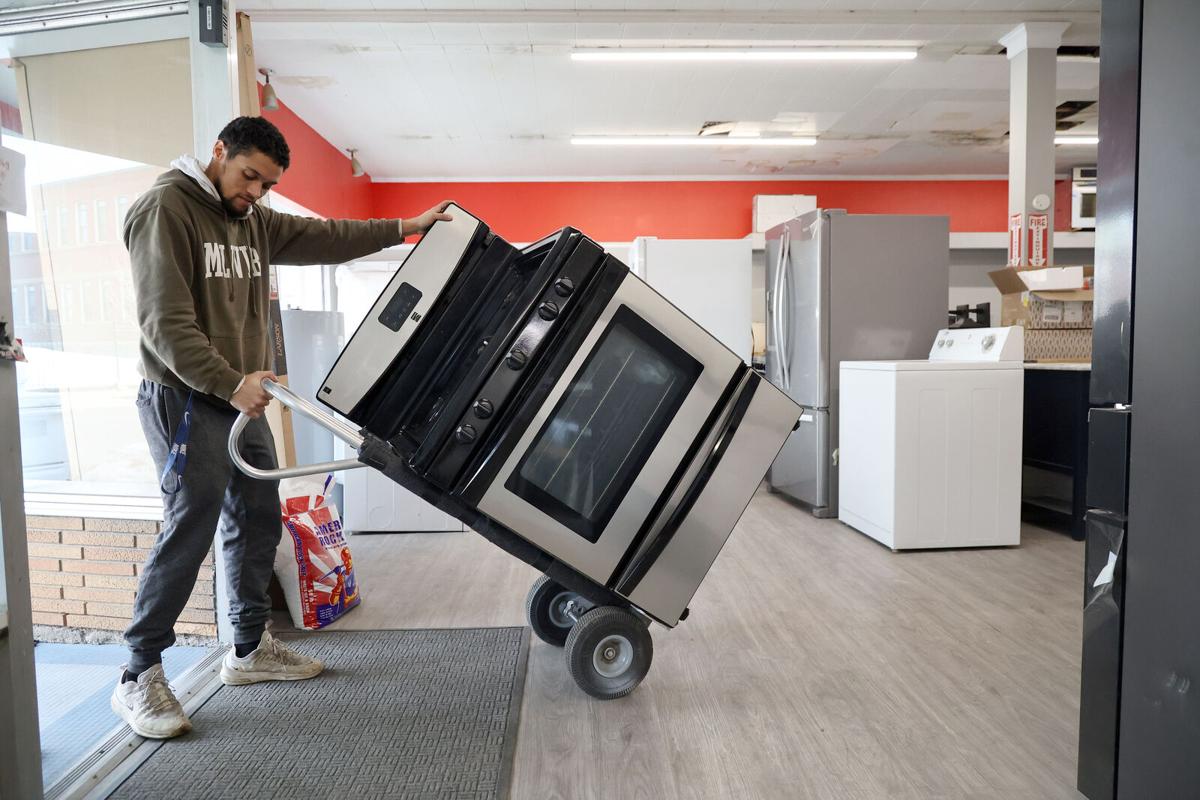Cybersecdn– In a groundbreaking move towards combatting climate change and reducing greenhouse gas emissions, officials from nine states have joined forces to accelerate the transition away from fossil fuel-based heating systems. Led by forward-thinking states such as California, Massachusetts, and New York, this collaborative effort aims to make electric heat pumps the predominant choice for residential heating, with an ambitious goal of installing them in 65% of new constructions by 2030 and reaching 90% by 2040.
This initiative comes at a critical juncture as the world grapples with the escalating climate crisis. With extreme weather events becoming more frequent and severe, transitioning to zero-emission heating systems is imperative to mitigate the adverse effects of global warming and ensure a sustainable future for generations to come.
Recent scientific reports have underscored the urgency of reducing greenhouse gas emissions to limit global temperature rise and avoid catastrophic consequences. By phasing out fossil fuel-based heating systems and promoting the adoption of clean energy alternatives, participating states are taking proactive steps to align with international climate goals and reduce their carbon footprints.

The transition towards zero-emission heating systems is not only crucial for addressing climate change but also for improving air quality and public health. Fossil fuel combustion releases harmful pollutants such as nitrogen oxides and particulate matter, which contribute to respiratory diseases, cardiovascular problems, and premature deaths. By embracing electric heat pumps, states can significantly reduce air pollution and protect the health and well-being of their residents.
Moreover, the transition presents economic opportunities for innovation, job creation, and economic growth. As the demand for clean energy technologies continues to rise, manufacturers, contractors, and other stakeholders in the renewable energy sector stand to benefit from increased investment and market demand. This shift towards a clean energy economy can stimulate local economies, create green-collar jobs, and drive technological advancements in energy efficiency and sustainability.
However, transitioning to zero-emission heating systems will require concerted efforts from policymakers, industry leaders, and communities. States must implement supportive policies, such as financial incentives, rebates, and building codes, to encourage the adoption of electric heat pumps and remove barriers to entry. Additionally, investments in infrastructure, workforce training, and research and development are essential to facilitate the widespread deployment of clean energy technologies and ensure a smooth transition.
Read More: Safety Alert: U-Michigan and Ohio State Lead Risky College List!
Stay Safe: The 5 Neighborhoods You Need to Beware of In Troy City, Michigan!
Intense Debate: Texas Lost $124 Million Because Abbott Transported Migrants!
While challenges may arise, the collaborative effort among nine states sends a powerful message of unity, determination, and leadership in addressing the climate crisis. By working together to advance clean energy solutions, states can drive meaningful progress towards a low-carbon future, protect the environment, and safeguard the health and well-being of current and future generations.

